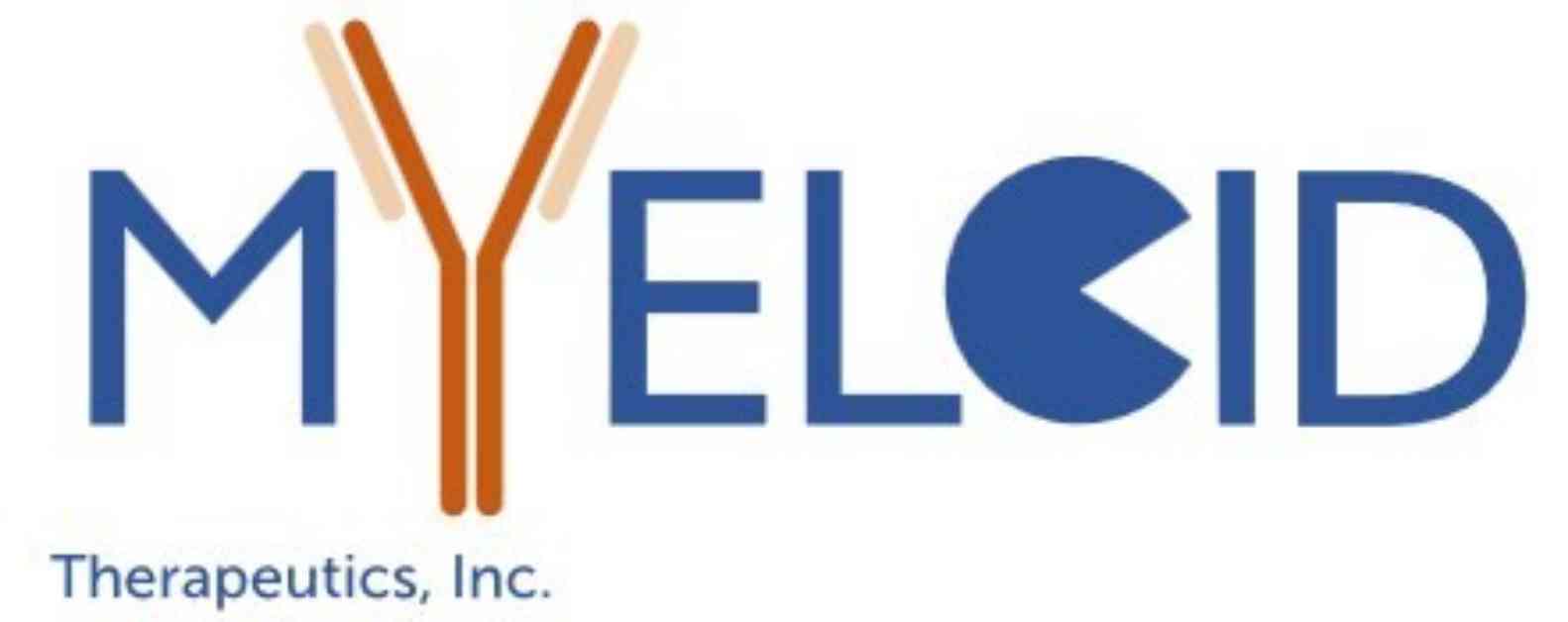Myeloid Therapeutics, Inc. announced an oral presentation at the Society for Immunotherapy in Cancer (SITC) 2024 annual meeting in Houston, Texas. Dr. Matthew Maurer, the Chief Medical Officer, will present on the discovery and development of MT-303. MT-303 is the Company’s second in vivo mRNA CAR program to enter the clinic for advanced hepatocellular carcinoma (HCC).
The MT-303 program directly targets immune cells in patients, making it the first time an in vivo CAR has been clinically evaluated for HCC. This is significant because there are limited treatment options available to combat HCC, and the overexpression of Glypican-3 (GPC3) in many cancers, including hepatocellular carcinomas, poses a challenge for effective treatment.
Myeloid’s approach focuses on programming immune cell subsets in vivo with innovative mRNA-encoded CAR technologies. MT-303 arms myeloid cells with a chimeric antigen receptor that specifically targets GPC3 expressing cancers, leading to anti-tumor activity and the expansion of new T cell clones for a coordinated immune response.
The company’s platform eliminates the need for complex ex vivo handling of patient cells, reducing time and costs associated with personalized therapy. Myeloid’s in vivo programming candidates offer a range of signaling domains and immune cell types for combination approaches, providing a promising avenue for cancer treatment.
Liver cancer is a significant concern globally, with limited treatment options available. Myeloid aims to address the unmet medical need by providing new CAR therapies for patients with liver cancer. The Phase 1 study of MT-303 is investigating its safety, pharmacokinetics, and preliminary efficacy in adults with advanced hepatocellular carcinoma that overexpresses GPC3, with the goal of defining the recommended Phase 2 dose.
MT-303 is the first candidate in a new therapeutic modality targeting HCC, with promising preclinical results supporting its advancement into human trials. The treatment has shown activity in preclinical models and a favorable safety profile in animal studies. By stimulating a full immune response and presenting tumor neoantigens to T cells, MT-303 offers potential advantages in combating liver cancer.
Overall, Myeloid Therapeutics is at the forefront of engineering RNA technology to program immune cells for cancer treatment, offering hope for patients with advanced hepatocellular carcinoma. For more information about Myeloid Therapeutics and their innovative approach, visit their website and follow them on social media for updates and collaborative interests.
